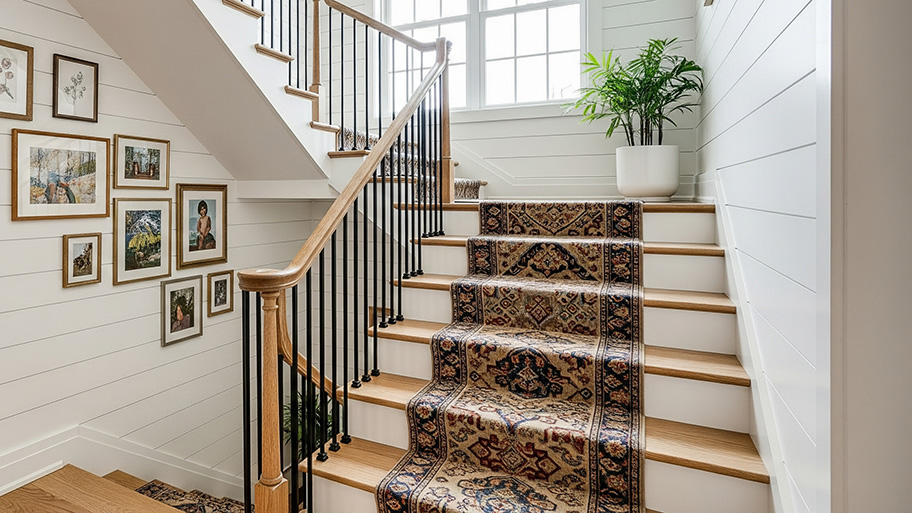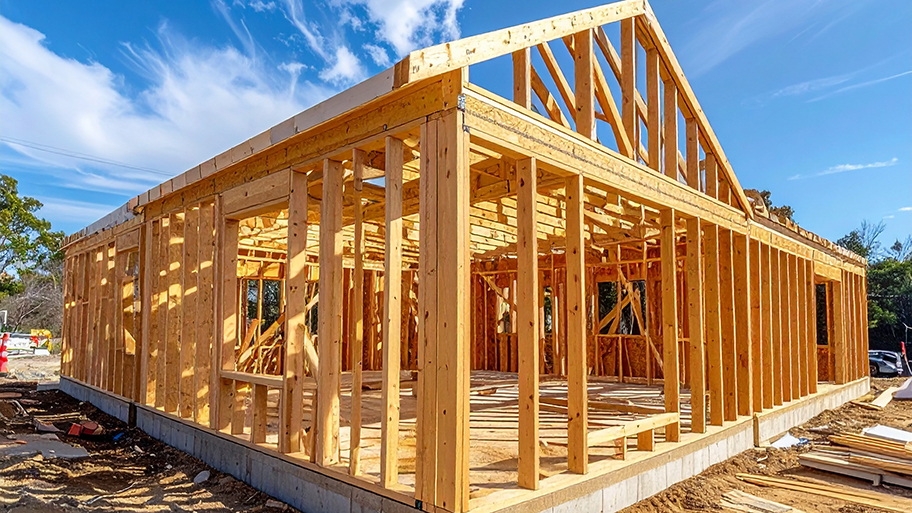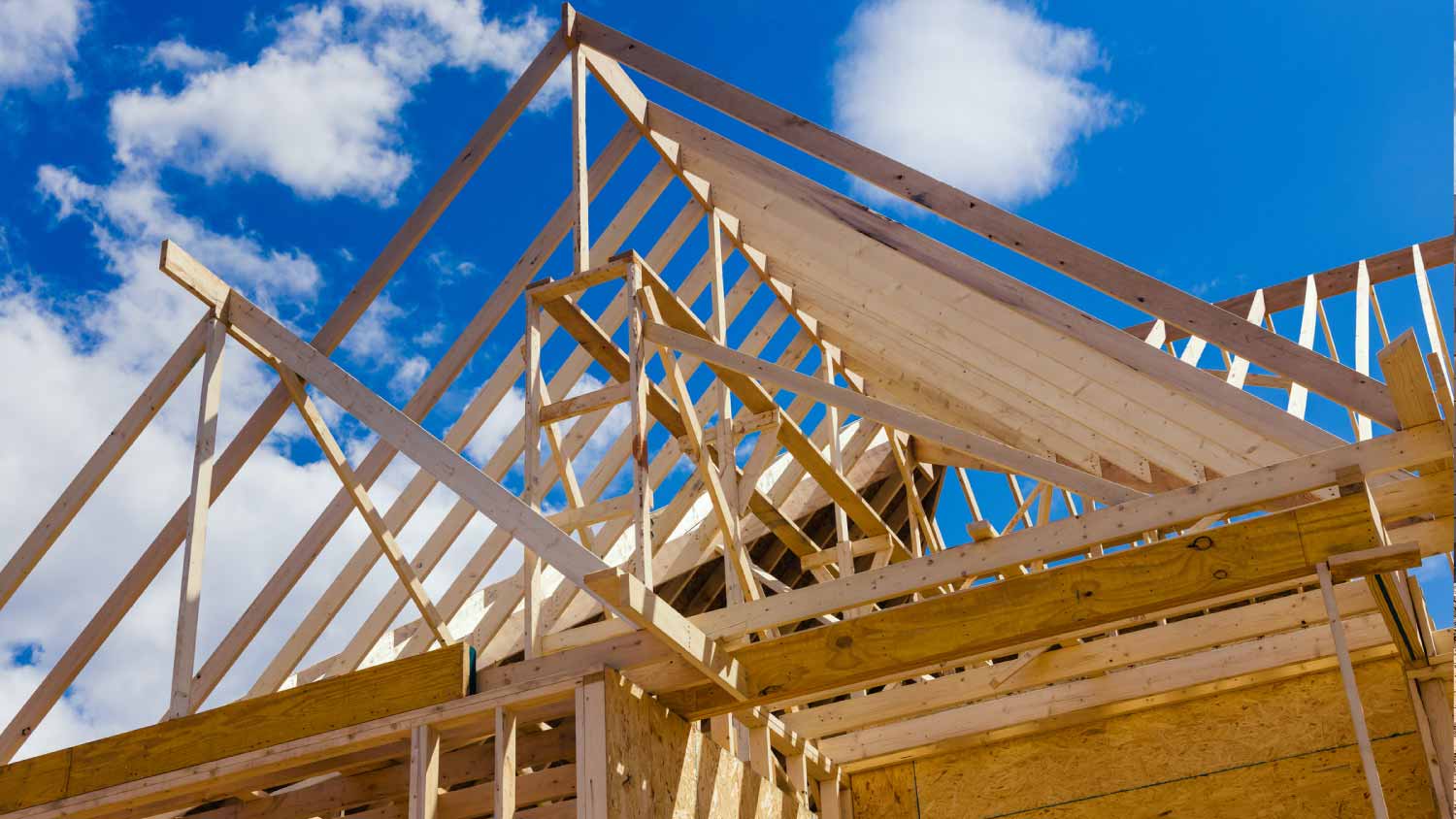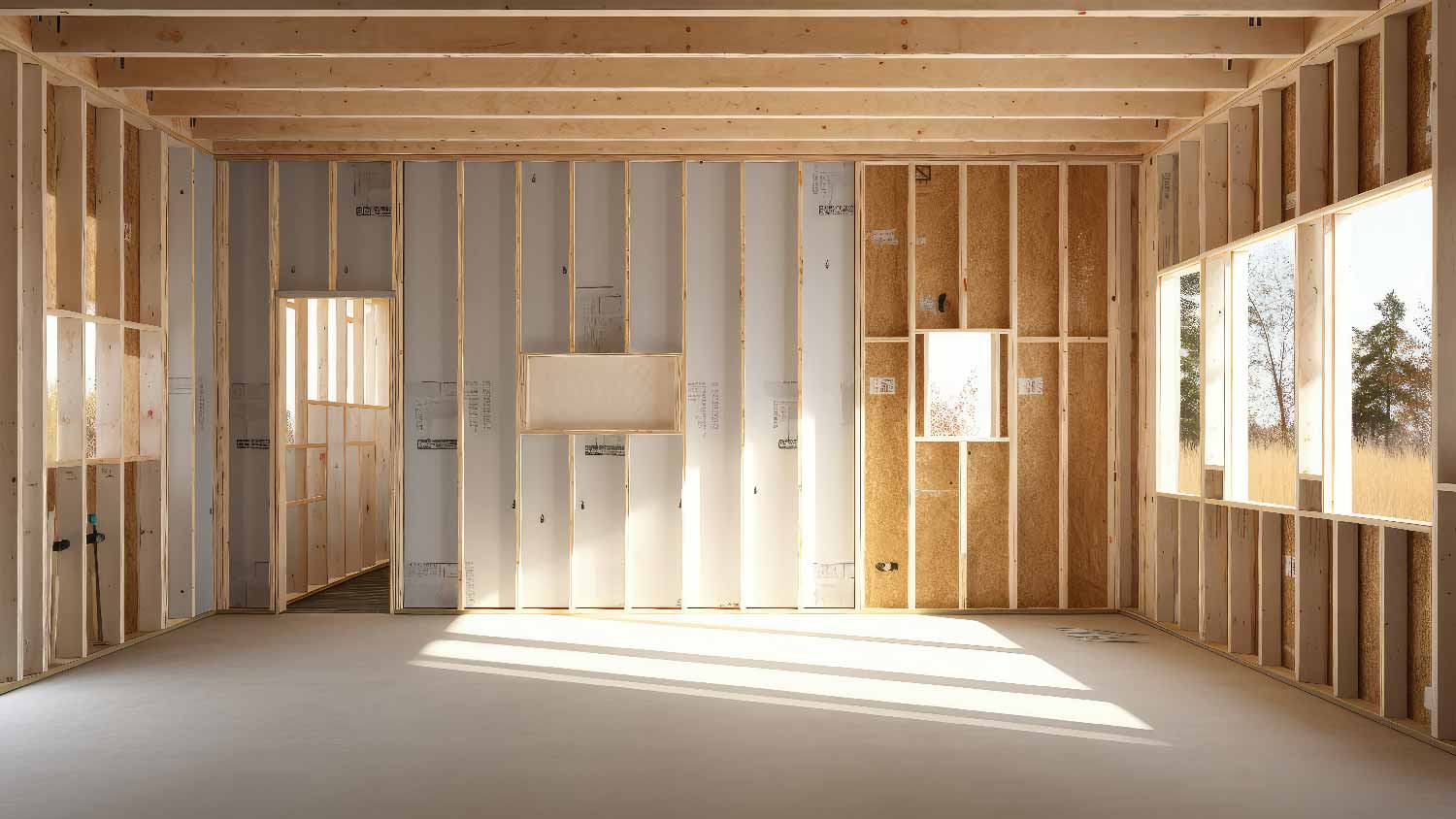
Discover stair repair cost estimates, including average prices, key cost factors, and tips to help you budget for your stair repair project.
Asking for too much up front could be a red flag


Most down payments fall between 10% and 25% of the project cost.
Contractors should never ask for more than 50% up front.
Never pay in full before work has begun.
Some states limit how much a contractor can charge up front.
With any home project, determining payment terms with your contractor is imperative to making sure everything runs smoothly. However, you may not know exactly what to pay your contractor up front.
Generally, when and what you pay in advance depends on the contractor and the size of the job. However, going into that conversation with some knowledge can help you both come to an up front payment that makes you comfortable.
Most contractors will request a downpayment to add you to their schedule and also to ensure the project continues to move forward after the contractor has purchased materials. Reputable contractors are happy to negotiate a downpayment, including the amount and payment terms. You should have a discussion about payment terms with any contractor you interview.
When taking on this project, expect questions only a pro can answer. With our network of local pros, you'll get the job done and your questions answered—without the hassle and stress of doing it yourself.
Many states in the U.S. cap how much a contractor can reasonably ask for as a downpayment before work begins. For instance, Maryland and Virginia have limited this amount to around 33% of the total contract price.
In Nevada and California, advance payments when you sign a contract are limited to 10% of the total estimated job cost or $1,000, whichever is lower. Whatever amount you agree on, it needs to be fair to both parties.
If your state does not have these legal limitations, you can expect the down payment to be between 10% and 25% of the project cost, though some projects may call for slightly different terms.
| Job Size | Deposit |
|---|---|
| Small | 50% |
| Large | 10%–20% |
| Custom or specialized | Up to 50% |
Before starting any home improvement or remodeling job, replacing your roof, adding new flooring, or beginning new construction, it’s best to sit down with your contractor to negotiate the terms of the contract, and that includes a payment schedule and deciding if you’ll pay by credit card, in cash or by check. That way, each of you—contractor and homeowner—know ahead of time what’s involved, how long it will take, how much the project will cost, and how you will pay the contractor.
Remember, this payment schedule should be fair to both of you. If a contractor asks for more than 50% up front, this could be a potential red flag.
More than half of all contractors who responded to a nationwide Angi poll said they require down payments for projects, with most saying they are willing to negotiate on down payment terms. Many contractors also said they are willing to work with homeowners to establish a payment schedule.
Although each contractor has their own terms and their own way of approaching billing issues, the typical process involves putting money down at the beginning of the project and paying the balance at the end. There might be exceptions, however, as the job proceeds, that involve asking for additional payment.
If halfway through the project, the homeowner adds special materials and upgrades that the contractor must now order
If your contractor is working on a long-term project, it may be reasonable to pay a percentage of the total estimate throughout the job
Regarding negotiations, contractors expect it—it's a ubiquitous part of the process. To do the job right, gather multiple quotes to understand costs. While negotiating, you can focus on materials and even haggle over additional services to offset your out-of-pocket expenses.
This is the ideal time to negotiate your project timeline as well. Many contractors will offer discounts for bundling projects and services and allowing flexible scheduling.
Unreasonable requests from contractors are big red flags. They often indicate inexperience or unprofessionalism. Without discussion and justification, you should be wary of requests for large up front payments and any deviations from the agreed-upon contract.
Trustworthy contractors prioritize transparency and will never pressure you into any sudden changes like shortcuts or paying for any unnecessary expenses.
One of your top takeaways from reading this is never to pay in full for a project before it is completed. You run the risk of unfinished or subpar work.
Reputable contractors usually accept payments in milestones tied to a project's progress. This is essential to ensure accountability while keeping the contractor highly motivated to meet quality standards and deadlines. The final payment is made once the work is completed to your satisfaction.
From average costs to expert advice, get all the answers you need to get your job done.

Discover stair repair cost estimates, including average prices, key cost factors, and tips to help you budget for your stair repair project.

The cost to frame a house can vary depending on the size of your home, the structure you’re building, and your materials. Keep reading to learn how much framing your house might cost.

Strong floor joists are the key to a structurally safe home. The cost of floor joist repair will often come down to what is causing the problem.

Learn about the eight most common types of house framing, each with different pros and cons, ideal locations, and costs, to determine the best one for your build.

Choosing the type of framing for your home isn't a decision to make lightly. Compare metal studs vs. wood studs to find the best base for your house.

Designing and building dormer framing may not be a DIY task, but it does help to know how the addition takes shape. Here are the ins and outs of dormer framing.